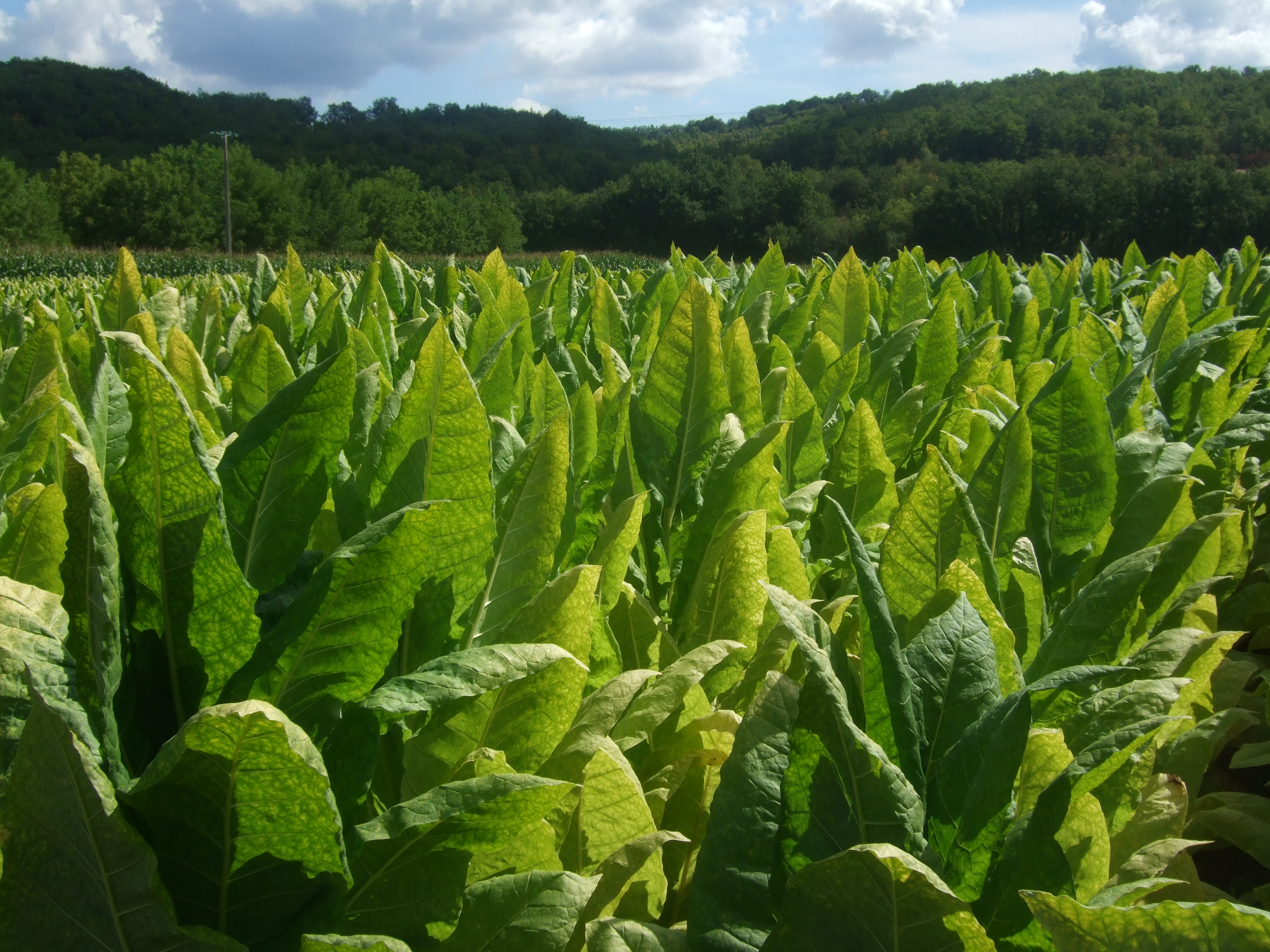
So much of environmental
activism is concerned with preventing pollution and contamination because once
it occurs, it is extremely difficult to deal with. Radioactive contamination,
for example, renders land unusable for decades, and pollution caused by oil
spills can be very time consuming and expensive to clean up. Soil contamination, therefore, is not walk in the park. Scientists, however, are looking into new
ways to help combat this problem. They’ve been working on genetically engineered tobacco
plants, “that can detoxify soil contaminated with the military explosive
trinitrotoluene (TNT)” (National Geographic).
TNT and its waste products can be extremely hazardous to people, animals and
the environment. As it is, the only way to decontaminate polluted soul is to
incinerate it, but “the process is costly and generates unusable ash and
possibly toxic fumes” (National Geographic).
The development of genetically
modified tobacco, however, may help solve that problem. Daily Science writes
that in a new study, “researchers inserted a gene for TNT-transforming
bacterial enzyme into a tobacco plant. Then they tested the pant’s effect on
TNT-contaminated soil in comparison to regular tobacco plants grown in the same
soil for several weeks” (Daily Science).
They found, eventually, that the modified plants significantly reduced the
toxicity of the contaminated soil.
Despite these positive
findings, it may be some time before they can be used. Issues with proper
research funding and a public consensus against genetically modified plants
stand in the way of this solution. Given the plant's success so far, this may
eventually change, but only time will tell. In the meantime, the wisest course of action is to continue funding scientific research that looks into solving the huge problem that pollution has become.
Sources:
Tobacco image: https://loren24250.wordpress.com/2013/09/11/the-2013-harvest-of-tobacco/
Author: Hanna Bernhard, 2015

No comments:
Post a Comment